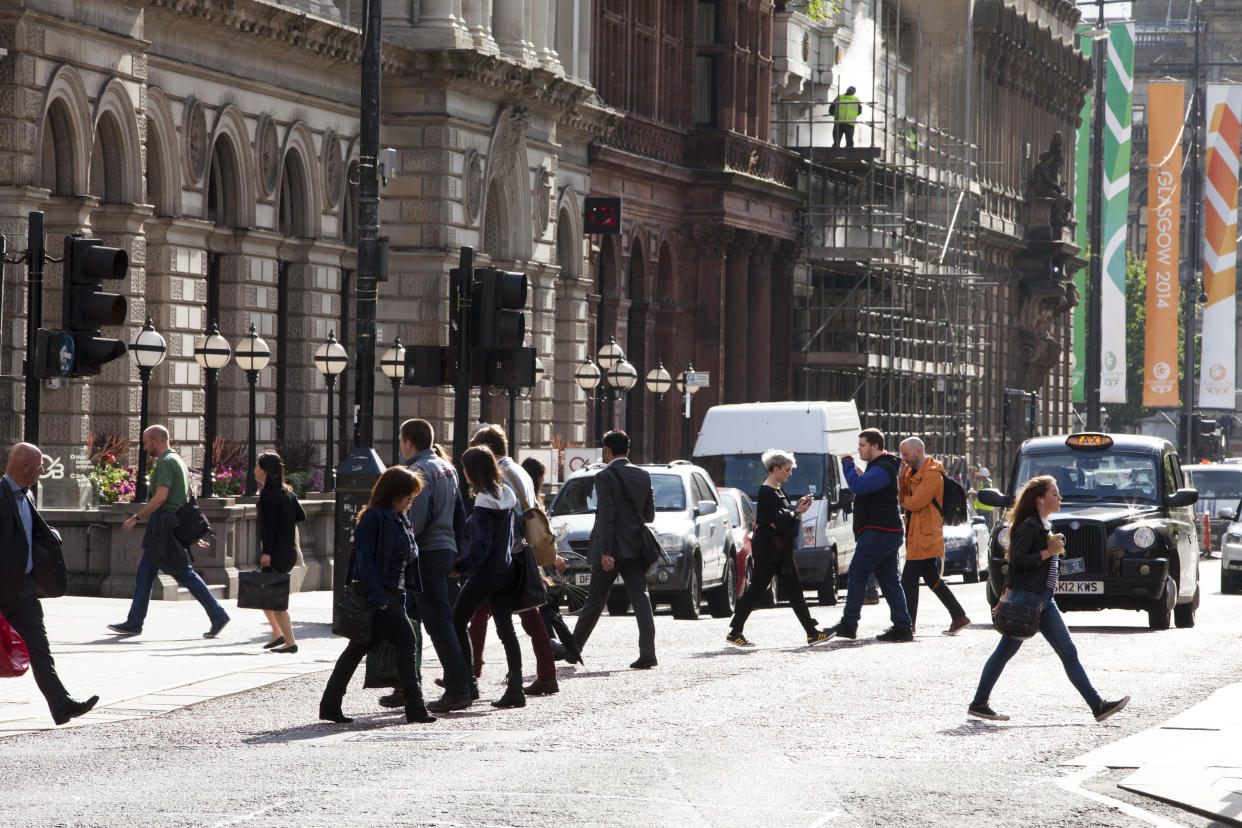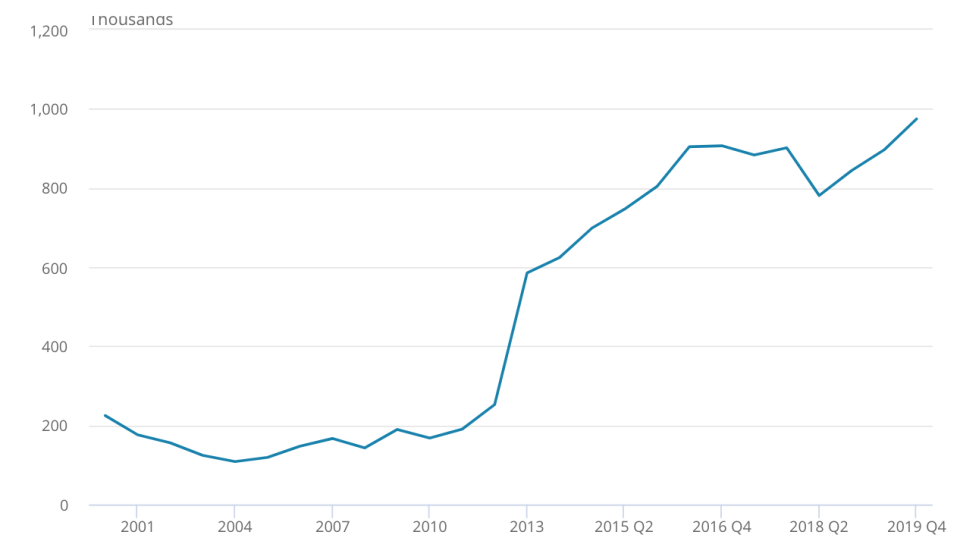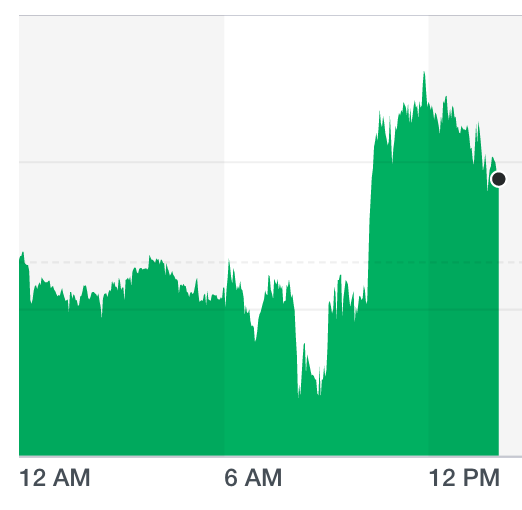Record number of Brits in work — and on zero-hour contracts

Employment in the UK has hit a record high and real wages have finally recovered from the financial crisis more than a decade ago, according to official figures.
But the latest employment data from the Office for National Statistics (ONS) also shows a record number and proportion of UK workers are in insecure jobs on zero-hour contracts.
Britain has seen a jobs boom in recent years, breaking several records despite Brexit uncertainty, sluggish growth and low levels of investment and productivity. More than 32.9 million people are now in work.
The employment rate reached a record 76.5% between October and December, up 0.6 percentage points in the past year. The unemployment rate remained steady at 3.8%, while the number of people defined as economically ‘inactive’ also hit a record low of 20.5%.
Meanwhile wages were up 3.2% on a year earlier, taking average pre-tax pay to £512 a week. Average earnings excluding bonuses are now £1 higher in real terms, accounting for inflation, than in March 2008, when they peaked just before the financial crisis.
Read more: UK chancellor confirms budget date in March
The robust figures sent the pound rising against the dollar (GBPUSD=X), up 0.2% in early afternoon trading in London. It recovered into positive territory after early losses as Apple’s warning that coronavirus could hit its sales spooked the markets.
But the figures also show an estimated 974,000 people, some 3% of all people in work in Britain, earn their main income from a job with no guaranteed hours. The record high marks an increase of 130,000 workers in a year.
Frances O’Grady, general secretary of the Trades Union Congress (TUC) called for a ban on the contracts, warning they mean last-minute shift cancellations and uncertainty for workers about paying their bills.
Labour’s shadow work and pension secretary Margaret Greenwood said more people than ever were living “from week to week” because of the lack of guaranteed hours. She echoed the demand for a ban, and called for a £10-an-hour living wage.

Read more: Analysts predict ‘populist’ spending boost after Javid walks
Self-employment is also a growing trend, rising more rapidly over the past year than the workforce employed in staff jobs. The number of people working for themselves reached a record 5.03 million in the three months to the end of December, making up 15.3% of the workforce.
The increase in female self-employment has been particularly rapid over the past year, rising at the fastest rate in more than three years to a record high of 1.7 million.
Hiring levels had begun to tail off throughout 2019, sparking concern among some analysts that the jobs boom could be coming to an end.
But the latest data shows a slight uptick in the number of vacancies. Jing Teow, an economist at PwC, said it marked the latest sign business confidence was “turning a corner” after December’s decisive general election.

Mims Davies, minister for employment, released a statement welcoming the record jobs figures, and pledging the upcoming budget would ensure “we can all share in the country’s prosperity.”
But Tej Parikh, chief economist at the Institute of Directors, warned the jobs boom “cannot last forever,” with a tight labour market and skills shortages hampering recruitment. He said firms had also hired to boost output partly because Brexit uncertainty made investing in machinery and technology instead “too risky.”
Mike Cherry, national chair of the Federation of Small Businesses, also warned it “shouldn’t be a time for complacency” with labour productivity levels stagnant. He called on the chancellor to slash business rates, deliver on key infrastructure and announce measures to show the growing self-employed workforce the government is “on their side.”
Thomas Pugh, UK economist at Capital Economics, added that continued signs of strength in the jobs market would give “some comfort” to Bank of England policymakers who decided against cutting interest rates last month.


